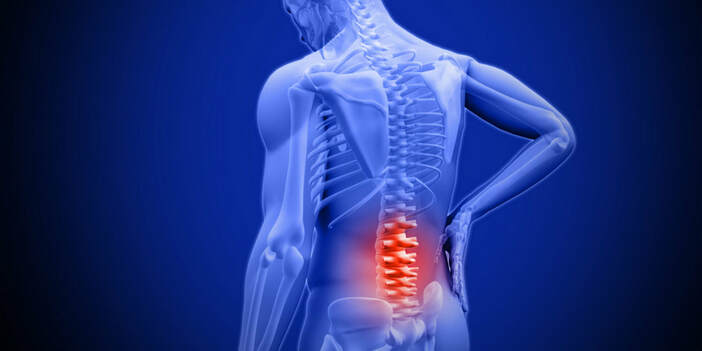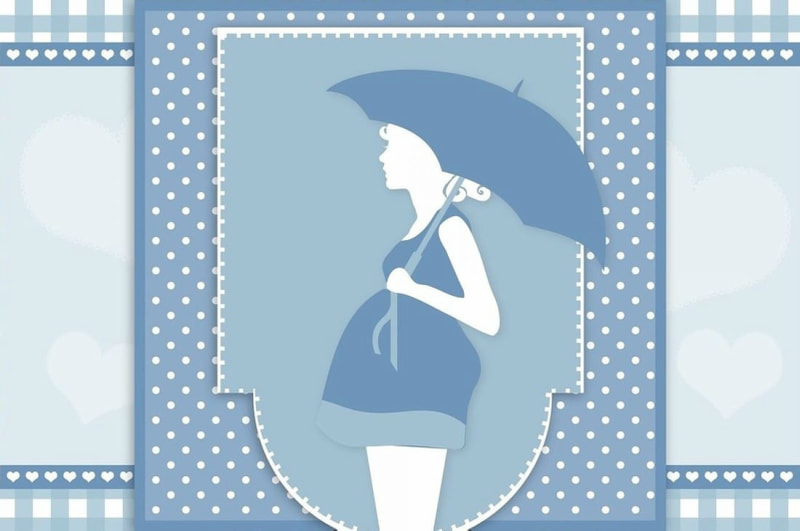Determining Predisposition for the Placebo Effect
The concept of the placebo effect has existed since the 1700s, and its power compared to real treatment has been thoroughly studied. The placebo effect attributes improvement in condition based on a patient’s belief that they are being treated rather than the makeup of the pill. A Harvard Health study reported that the placebo effect was 20% more effective than no treatment. A recent study set out to determine the brain and psychological characteristics of chronic pain patients that make them more responsive to the placebo effect. The ingestion and the effect of the placebo pill were investigated.
For the investigation:
1) Placebo pill was administered to two groups
2) Pain was measured through a phone app and during lab visits
3) People who had relieved pain were grouped as responsive, people who did not were grouped as nonresponsive
4) These groups were compared to a control group receiving no treatment
Data was used to confirm which patients experienced the placebo effect after ingestion and were grouped as responsive. Overall, the responsive group experienced 33% analgesia, or reduced pain, compared to the group receiving no treatment.
For the investigation:
1) Placebo pill was administered to two groups
2) Pain was measured through a phone app and during lab visits
3) People who had relieved pain were grouped as responsive, people who did not were grouped as nonresponsive
4) These groups were compared to a control group receiving no treatment
Data was used to confirm which patients experienced the placebo effect after ingestion and were grouped as responsive. Overall, the responsive group experienced 33% analgesia, or reduced pain, compared to the group receiving no treatment.
After confirming groups with the placebo response, the study investigated psychological, neurological, and anatomical properties predisposing a patient to the placebo effect. Contrasted to other medical literature that demonstrates the influence of expectations on the placebo response, it was found that expectations showed similar trends between responsive and nonresponsive patients. A questionnaire was designed to test psychological factors, or personality traits, that influenced placebo responsiveness. The test found that people who were more emotional and less focused on their pain were found to show more improvement. By conducting fMRI and MRI scans, types of brain imaging, of patients with chronic back pain taking placebo pills, it was determined that improvement depended on brain structure. Regions of the brain tied to memory and developing and maintaining chronic pain differed in connectivity and size among the nonresponsive and responsive group. The same brain regions were also likely to fail to experience the original placebo response when re-exposed.
The placebo effect has potential long-term benefits and can be predicted, including the expected magnitude of response. Psychological factors that can predict patients responsiveness to the placebo effect can easily be identified through a questionnaire. Also, the study proves that clinical trials should consider the different factors that cause the placebo effect in patients that are supposedly the control group. While in this trial it did not show that the personality traits correlate with brain structure, more extensive research is necessary to address why both cause the placebo effect separately. When clinical trials show an improved condition within the control group, it could be attributed to the placebo effect if predisposition was identified through brain imaging or personality questionnaires. The placebo response is a complex concept that necessitates more research into why an individual patient may or may not respond. While this study has identified certain factors correlated with placebo responsiveness, further research is necessary to study the intersection of predisposing factors and implementing an effective method for identifying them.
The placebo effect has potential long-term benefits and can be predicted, including the expected magnitude of response. Psychological factors that can predict patients responsiveness to the placebo effect can easily be identified through a questionnaire. Also, the study proves that clinical trials should consider the different factors that cause the placebo effect in patients that are supposedly the control group. While in this trial it did not show that the personality traits correlate with brain structure, more extensive research is necessary to address why both cause the placebo effect separately. When clinical trials show an improved condition within the control group, it could be attributed to the placebo effect if predisposition was identified through brain imaging or personality questionnaires. The placebo response is a complex concept that necessitates more research into why an individual patient may or may not respond. While this study has identified certain factors correlated with placebo responsiveness, further research is necessary to study the intersection of predisposing factors and implementing an effective method for identifying them.
RELATED ARTICLES
|
Vertical Divider
|
Vertical Divider
|
Vertical Divider
|






